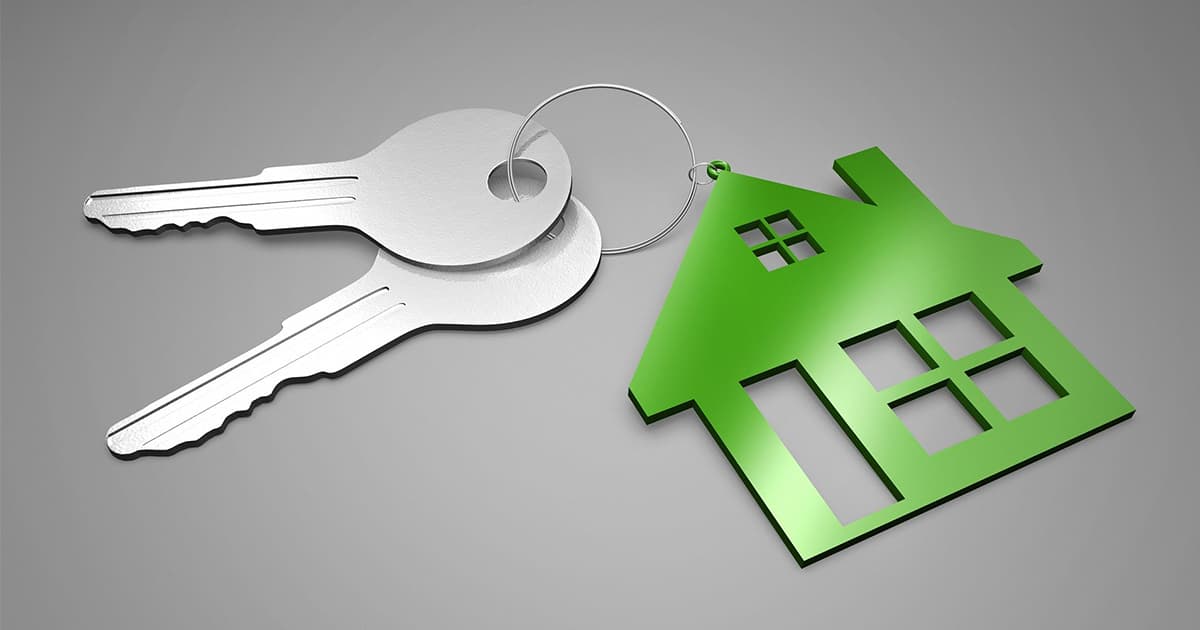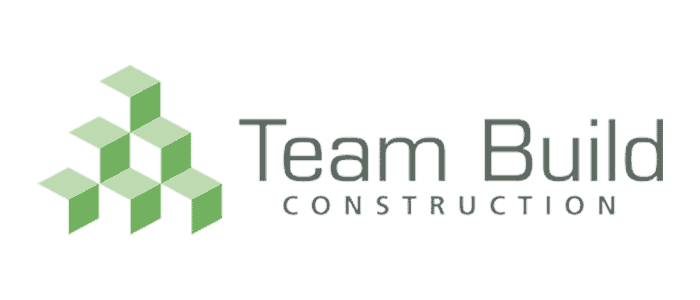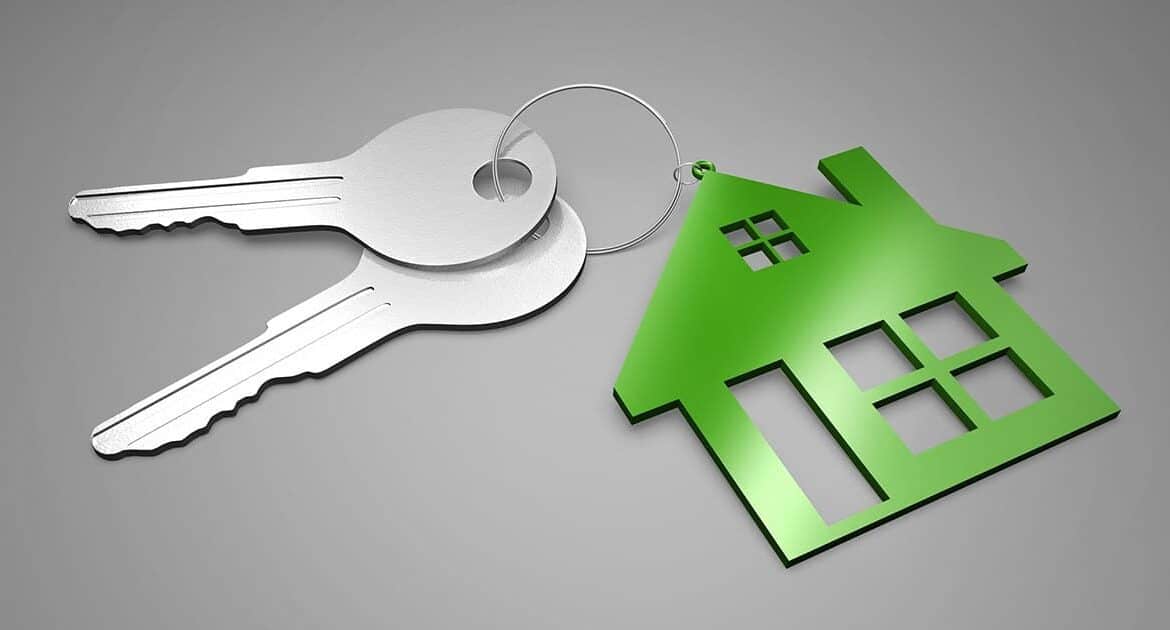Buying property is a life-changing financial decision that should not be taken lightly. Whether you are buying your first home or moving up the property ladder, it is vital that you understand all aspects of your mortgage. The decisions you make for your mortgage can have an impact on your financial situation for years to come.
For many, mortgages are a point of confusion, with a lot of complicated terminology involved. If you don’t know your appraisals from your equity, or your escrow from your settlement costs, then read on for our expert mortgage terminology guide.
Adjustable Rate Mortgage (ARM)
This type of mortgage is one which has a fixed interest rate for a set period of time. This is typically one, three or five years, and during this time, the interest is lower. After the fixed-rate period, the interest will be adjusted based on an index.
Annual Percentage Rate (APR)
This refers to the rate of interest, which is to be paid back to your mortgage lender. APRs are either an adjustable rate based on an index or fixed for a set period of time.
Appraisal
An appraisal is an estimated value of a property. It is conducted by a specialist appraiser who will complete a physical inspection of the property as well as compare to other similar houses that have recently sold.
Bi-Weekly Mortgage
Typically, mortgage payments are made monthly, with twelve payments over a year. A bi-weekly mortgage means you will pay half the usual mortgage amount every two weeks.
Closing Costs
Closing costs are required by the buyer throughout the mortgage process, and usually, there are various closing costs involved. These can include legal fees, recording fees and different other costs that are associated with buying the house.
Construction Mortgage
If you are having a property built, then you will usually apply for a construction mortgage. This means the mortgage provider will lend money based on the schedule of construction. Once it has been completed, the construction mortgage will convert to a permanent mortgage.
Debt-To-Income Ratio
Mortgage lenders will look at a range of financial data to determine if you are able to repay your loan. One ratio that is used is debt to income, which compares your monthly outgoings, including the new mortgage, with your monthly income. The income is then divided by the expenses to find a percentage; the higher the percentage, the riskier the loan will be to the lender.
Equity

Equity is the difference between the value of the property and the mortgage amount. Your equity will increase over time as the value of the loan decreases, and if the value of the property increases.
Escrow
Borrowers are usually required to put aside an amount of the yearly taxes to be held by the lender at the closing of a mortgage. Every month, lenders will collect additional money which is used to cover the taxes on the property. The mortgage lender then maintains the escrow account.
Fixed Rate Mortgage
Unlike an ARM, a fixed-rate mortgage has a set interest rate that remains the same for the duration of the loan.
Loan To Value Ratio (LTV)
LTV is another common finance calculation that lenders will use. It divides the mortgage amount with the value of the home, and most lenders require an LTV of around 80%.
Origination Fee
During a mortgage application, you are likely to have to pay an origination fee to your lender. This can include application fees, appraisal fees, and any other costs associated with the loan.
Points
Points refer to the percentage points of the mortgage amount. Lenders sometimes allow borrowers to get a lower interest rate by paying points. You can pay a percentage point up front and get a lower rate in the long run, if you stay in the property for the duration. If you move soon after buying, then you can lose money when buying points.
Private Mortgage Insurance (PMI)
If the LTV is over 80%, then most lenders will not offer a mortgage. If this is the case, then PMI can be used as a guarantee to the lender that until you reach 80% LTV there is no chance of defaulting. You will be required to pay a monthly PMI premium for this type of cover.
Settlement Costs
Before closing a property sale, attorneys will meet in order to determine the final costs that are associated with the mortgage. These are the settlement costs and will be given to all parties involved.

